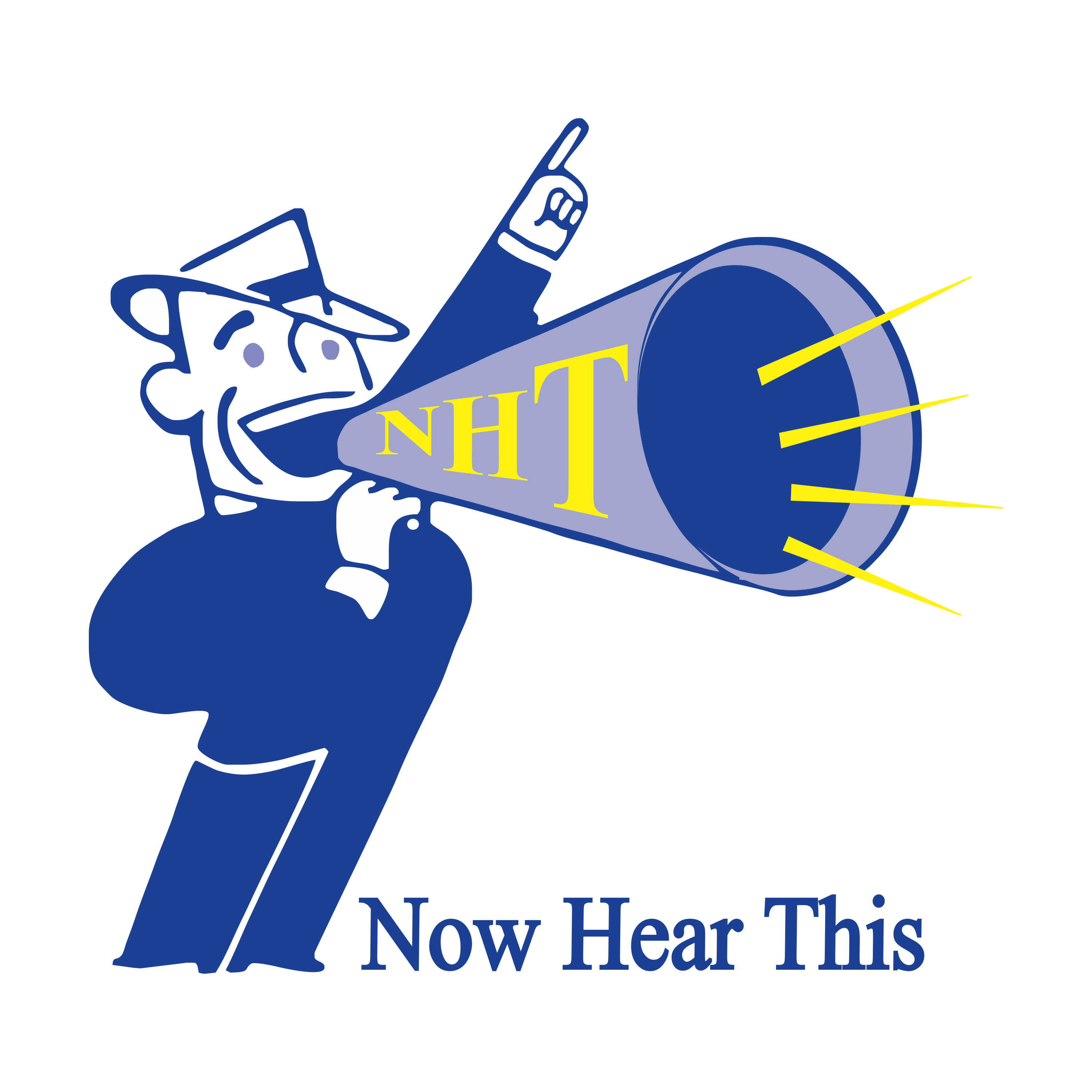 The NFL season has started, and you’ll often hear announcers talking about players having to have their head on a swivel. I could make an argument that regardless of the industry you’re in you should always be doing the same as it relates to watching what else is going on around you that you can learn from. Remembering that the ‘co’ word we should focus on is collaboration (or even colleagues) instead of competition, there are plenty of folks who do what you do that you can and should be watching.
The NFL season has started, and you’ll often hear announcers talking about players having to have their head on a swivel. I could make an argument that regardless of the industry you’re in you should always be doing the same as it relates to watching what else is going on around you that you can learn from. Remembering that the ‘co’ word we should focus on is collaboration (or even colleagues) instead of competition, there are plenty of folks who do what you do that you can and should be watching.
If you’re an indie musician, though, understand that you shouldn’t only be keeping your eyes on what others like you are doing. Yes, it’s a foregone conclusion that you want to monitor their activities. See where they’re getting booked. Watch who they’re working with. Keep tabs on what projects they’re involved with. Learn what works well for them and what doesn’t work.
For example, I recently saw someone perform live in their hometown, where you could tell that, oops, they made the mistake of assuming that just because they were from there, everyone knew their music. Not the case. Prior to the performance it was made clear that this was the first time this artist was playing in front of a crowd in their hometown. But the crowd was not into it – at all. There was even one song done where the artist said, “I’m sure you know this one.” I assumed it was going to be a cover song, but no, it was one of their originals. In fact, the whole show was originals. Here’s why that didn’t work.
| Related posts: |
| Songwriters Festivals are More Than Live Music |
| 8 Ways Indie Artists Can Track Their Single's Success |
This was an all-day event where the band that had preceded this artist did ONLY cover songs. The crowd had gotten hyped. There was dancing and singing and swaying in the crowd as a fun mood was set. Until the aforementioned artist came out and did songs that nobody knew.
Now is when I pause to say that a number of you will end up emailing me or commenting on social media and saying, “I always have my show structured so that I’m doing cover songs, but I sprinkle in an original here and there.” Of course. As you should be doing. I’m glad but not surprised to hear that.
As you can tell, I’m maintaining anonymity to try to protect the identity of the artist noted above who certainly did not make a very good impression on me and didn’t live up to their pre-show hype.
When I tell you that next on the stage was a college marching band, it’s for a reason. One might cynically say that that should knock the (ego of the) artist down a peg, meaning, the reality that you opened for a college marching band, so to speak. But I say it for two reasons. First is, the college marching band had the energy that the local artist was missing as it relates to connecting with the crowd much like the cover band’s song selection succeeded in doing. But secondly, it gives me an opportunity to bring up something I’ve written about here in my weekly blog before and talked about on the “Now Hear This Entertainment” podcast.
I have made it clear that I am not a fan of artists using the expression “shared the stage.” No, you opened for a national headliner, you didn’t share the stage. I’ve explained that “share the stage” implies a duet. You were on the stage at the same time. And, of course, that’s not the case. So, my hope is that the above local artist doesn’t start marketing themselves as having “shared the stage” with the national headliner that we were truly all there to see. That artist, of course, did all originals, because they have sold more than 150 million records worldwide. There are lessons to learn from them too, but that’s a blog for another time.
For now, what tips do you have for what has worked well for your live shows? Share them with me on Twitter via @NHT_tweets. Or, put them in a post on Facebook or LinkedIn. Alternatively, send them to me in an email. And if things aren’t working well and/or you just need some help with your indie music career, book a private, one-on-one video consultation with me so you can benefit from my more than 15 years working with indie performers across the country.
